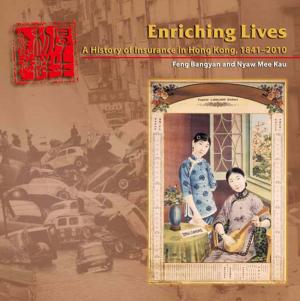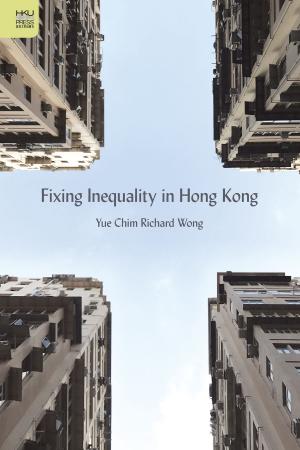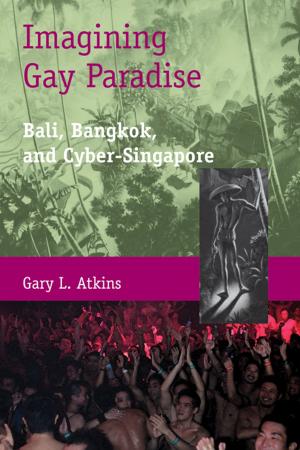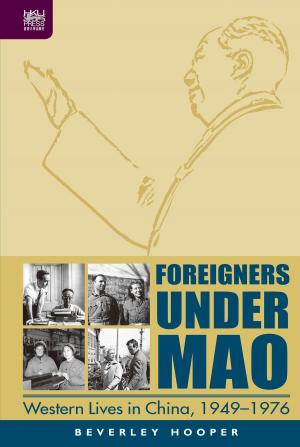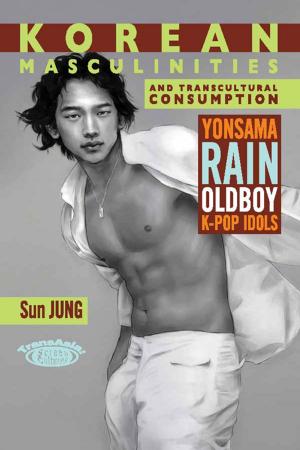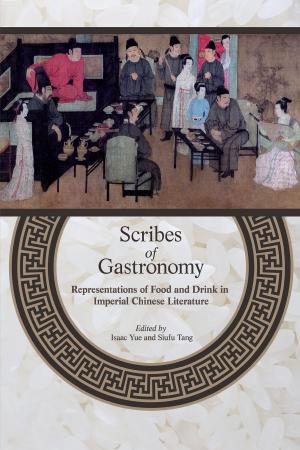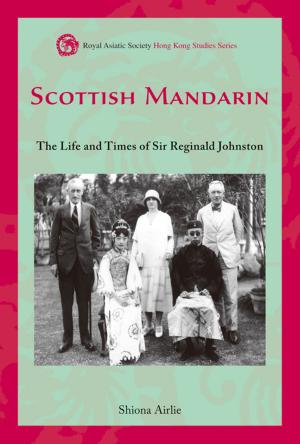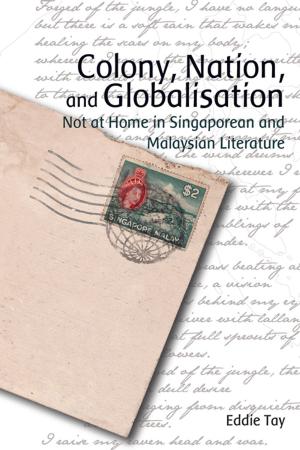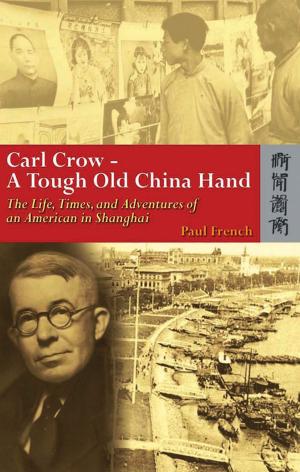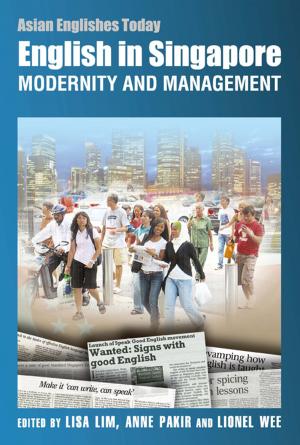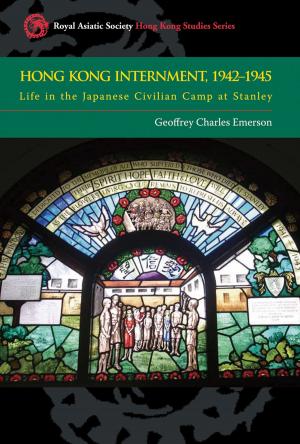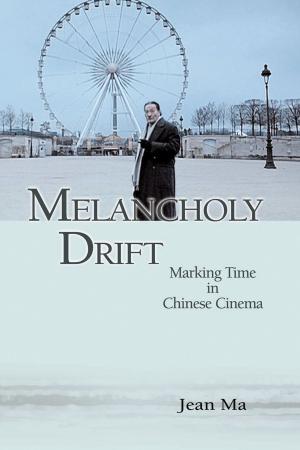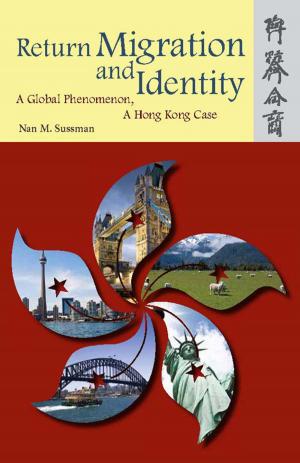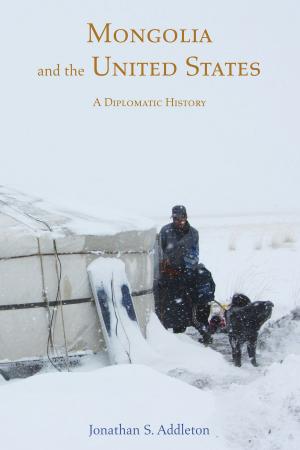| Author: | Hong Kong University Press | ISBN: | 9789882205482 |
| Publisher: | Hong Kong University Press | Publication: | December 15, 2009 |
| Imprint: | Language: | English |
| Author: | Hong Kong University Press |
| ISBN: | 9789882205482 |
| Publisher: | Hong Kong University Press |
| Publication: | December 15, 2009 |
| Imprint: | |
| Language: | English |
The book brings studies of modern Thai history and culture into dialogue with debates in comparative intellectual history, Asian cultural studies, and postcolonial studies. It takes Thai Studies in new directions through case studies of the cultural hybridity and ambivalences that have emerged from the manifold interactions between Siam/Thailand and the West from 1850 to the present day. Central aims of The Ambiguous Allure of the West are to critique notions of Thai “uniqueness” or “exceptionalism” and locate Thai Studies in a broader, comparative perspective by arguing that modern Siam/Thailand needs to be understood as a semicolonial society. In contrast to conservative nationalist and royalist accounts of Thai history and culture, which resist comparing the country to its once-colonized Asian neighbours, this book’s contributors highlight the value of postcolonial analysis in understanding the complexly ambiguous, interstitial, liminal and hybrid character of Thai/Western cultural interrelationships. At the same time, by pointing to the distinctive position of semicolonial societies in the Western-dominated world order, the chapters in this book make significant contributions to developing the critical theoretical perspectives of international cultural studies. The contributors demonstrate how the disciplines of history, anthropology, political science, film and cultural studies all enhance these contestations in intersecting ways, and across different historical moments. Each of the chapters raises manifold themes and questions regarding the nature of intercultural exchange, interrogated through theoretically critical lenses. This book directs its discussions at those studying not only in the fields of Thai and Southeast Asian studies but also in colonial and postcolonial studies, Asian cultural studies, film studies and comparative critical theory.
The book brings studies of modern Thai history and culture into dialogue with debates in comparative intellectual history, Asian cultural studies, and postcolonial studies. It takes Thai Studies in new directions through case studies of the cultural hybridity and ambivalences that have emerged from the manifold interactions between Siam/Thailand and the West from 1850 to the present day. Central aims of The Ambiguous Allure of the West are to critique notions of Thai “uniqueness” or “exceptionalism” and locate Thai Studies in a broader, comparative perspective by arguing that modern Siam/Thailand needs to be understood as a semicolonial society. In contrast to conservative nationalist and royalist accounts of Thai history and culture, which resist comparing the country to its once-colonized Asian neighbours, this book’s contributors highlight the value of postcolonial analysis in understanding the complexly ambiguous, interstitial, liminal and hybrid character of Thai/Western cultural interrelationships. At the same time, by pointing to the distinctive position of semicolonial societies in the Western-dominated world order, the chapters in this book make significant contributions to developing the critical theoretical perspectives of international cultural studies. The contributors demonstrate how the disciplines of history, anthropology, political science, film and cultural studies all enhance these contestations in intersecting ways, and across different historical moments. Each of the chapters raises manifold themes and questions regarding the nature of intercultural exchange, interrogated through theoretically critical lenses. This book directs its discussions at those studying not only in the fields of Thai and Southeast Asian studies but also in colonial and postcolonial studies, Asian cultural studies, film studies and comparative critical theory.

